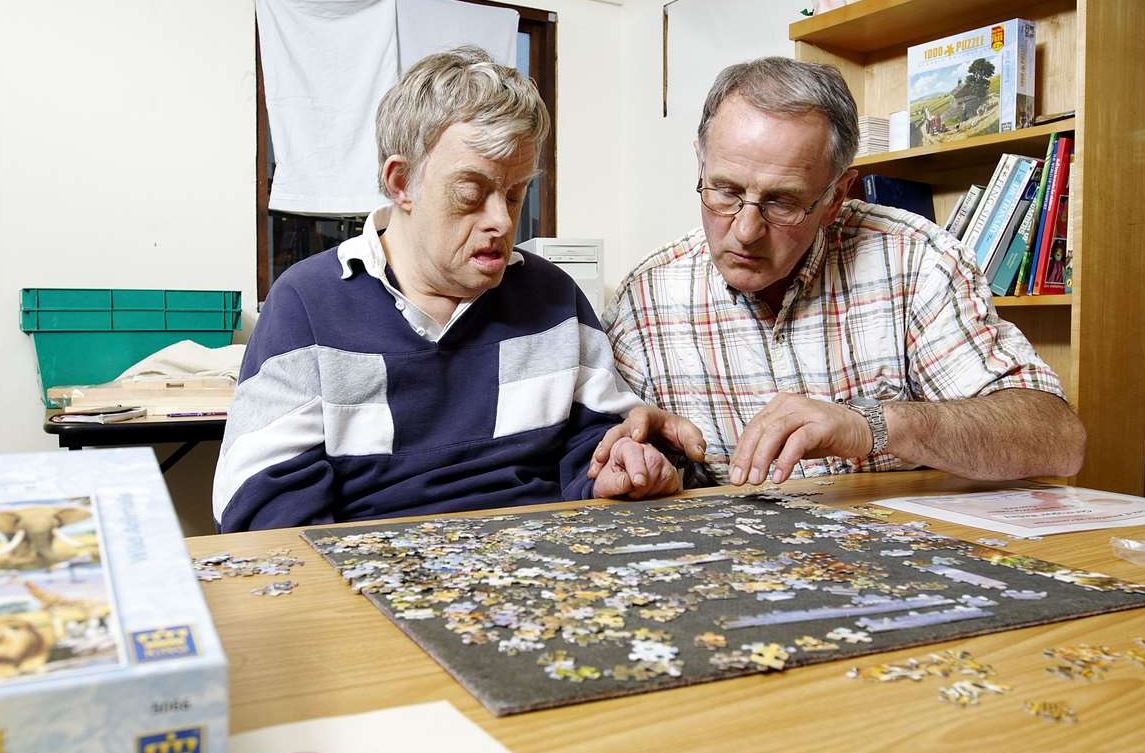Trust staff can play an active part in tackling health inequality by supporting a new campaign aimed at transforming hospital services for people with learning disabilities.
Mencap’s “Treat Me Well” campaign aims to show how simple changes in hospital care can make a big difference to the lives of 1.4m people with learning disabilities.
There are 1,200 avoidable deaths in hospital each year involving people with learning disabilities and the campaign calls on NHS staff to make reasonable adjustments which can help save lives.
“Treat Me Well” will be the focus of Learning Disability Week, which runs from June 18 and 24.
Hull University Teaching Hospitals NHS Trust and Humber Teaching NHS Foundation Trust are working together to support Mencap’s campaign.
Staff from both organisations can find out more at the drop-in event at Room 4, Education and Development, Suite 22, Castle Hill Hospital on June 19 from 1pm and 5pm.
Members of the public are also welcome to attend if they would like to find out more.
Mencap surveyed 500 people with learning disabilities as part of the campaign and found 75 per cent said their experience of going to hospital would improve if staff explained things to them in a way that was easy for them to understand.
More than half – 55 per cent – said having more time in appointments would improve their experience.
And 37 per cent of healthcare professionals thought people with a learning disability received worse quality care than those without.
“Avoiding jargon and explaining things in a way that is accessible to the individual means they can understand more about their health condition and how to manage it,” the Mencap report said.
“Ten extra minutes in an appointment may give someone the extra time they need to ask questions and check they know what is going to happen next.
“Providing easy read appointment letters means people are more likely to know when their appointment is and then access the tests or treatment they need.”

